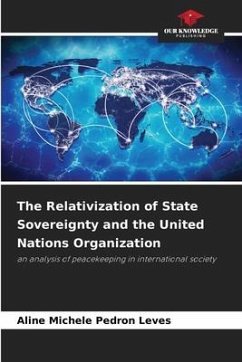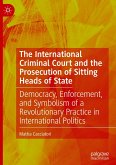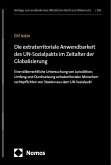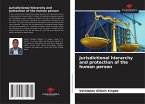Since the dawn of civilization, history has always been permeated by numerous conflicts, paradoxes and inconsistencies, as well as by achievements and significant progress. This means that international society has undergone several transformations that have profoundly changed its contours, making it more complex and less centered on the figure of sovereign States. In this context, from modern to contemporary international society, humanity has witnessed constant threats to world peace and brutal violations of human rights, triggered by the irrationality of armed conflicts. Notably, since the Second World War, the maintenance of international peace and security has emerged as a vital necessity in the face of the advancing phenomenon of economic globalization. This led to a shift from the old Westphalian anarchic system to an international set of bifurcated arrangements, based on a multicentric and interdependent society. This fact demanded the emergence of new international actors, more dynamic and integrated in a common project of world pacification, deserving to highlight the role played by the United Nations (UN).
Bitte wählen Sie Ihr Anliegen aus.
Rechnungen
Retourenschein anfordern
Bestellstatus
Storno








